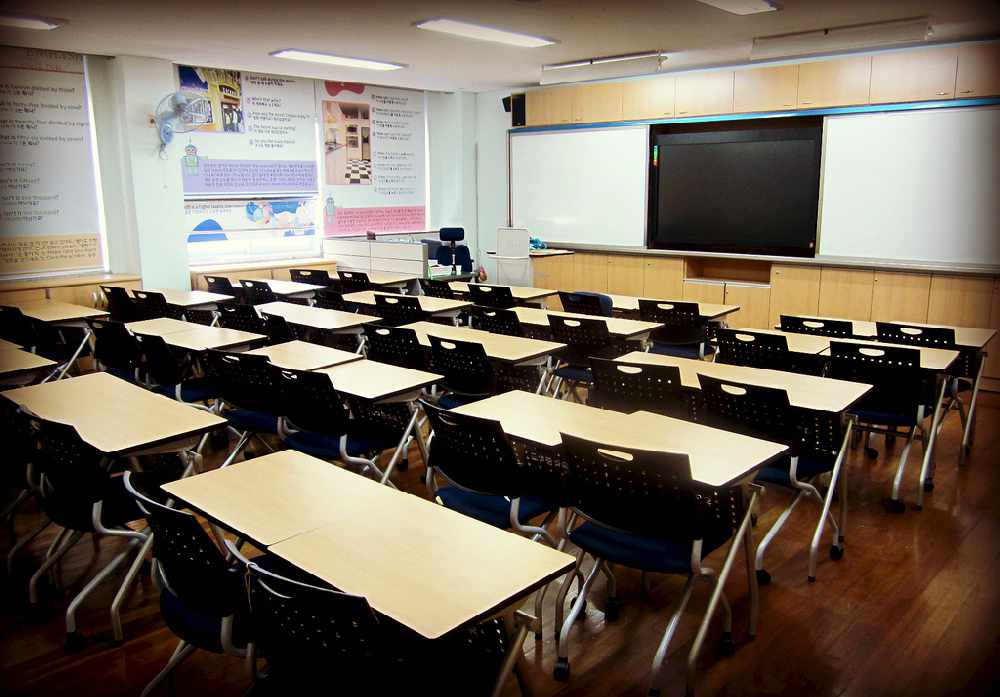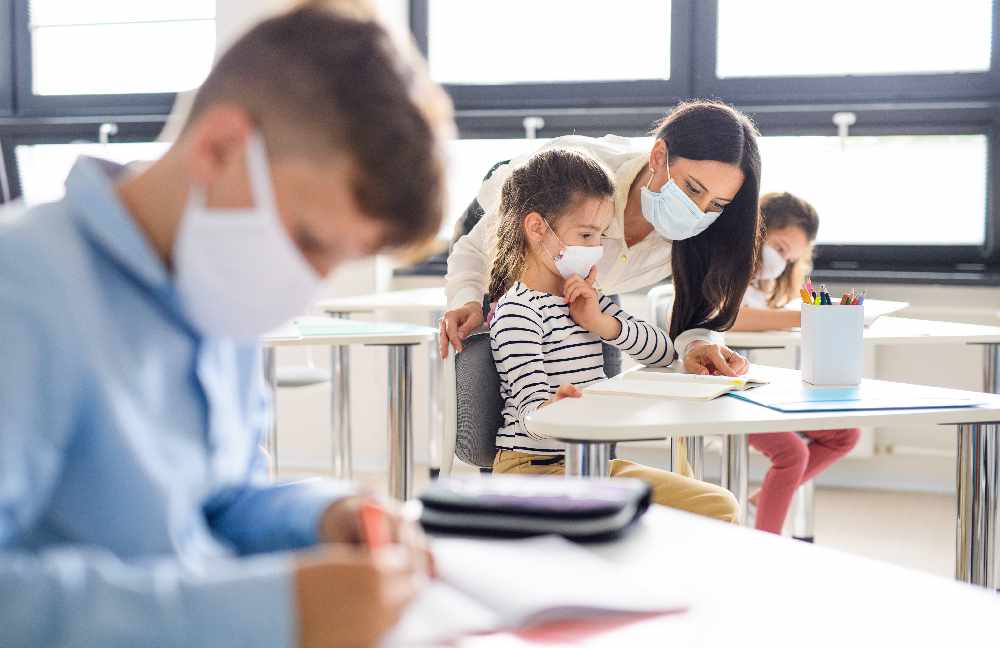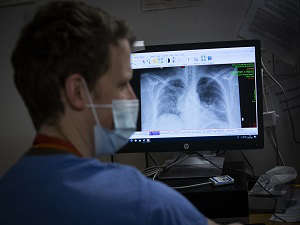
By Cate McCurry, PA
The “detrimental impact” of a decade of austerity on education budgets and the socioeconomic polarisation of Northern Ireland’s community has been exposed by Covid-19, a report has found.
The findings are in a report examining the links between persistent educational underachievement and socioeconomic background.
Based on statistics from schools and further and higher education, it found that boys – especially those entitled to free school meals from both sides of the community divide – are underachieving.
The “detrimental impact” of a decade of austerity on education budgets and the socioeconomic polarisation of Northern Ireland’s community has been exposed by Covid-19, a report has found.https://t.co/3PXEbcfCzu
— Q Radio News (@qnewsdesk) June 1, 2021
The report, published on Tuesday, proposed interventions to help support boys in learning.
Noel Purdy, chairman of the expert panel on educational underachievement, said the interventions would help boys maximise their potential.
Mr Purdy said: “Teachers and other education professionals also need significant and ongoing support throughout their career, with clear pathways for them to follow, allowing them to excel at teaching and learning and also to develop appropriate leadership skills if they aspire to become middle and senior managers capable of leading multi-faceted teams.
“We believe the actions set out in this action plan are capable of making a significant, long-lasting impact on children’s learning now and for the foreseeable future, however, this can only be achieved if we invest appropriately and significantly in education for the long term.
“We have seen the detrimental impact which a decade of austerity has had on education budgets and the socioeconomic polarisation of our community has become even more apparent as a result of Covid-19.”
The panel was appointed by the Education Minister last July, and carried out its work from September to May this year, as part of the New Decade, New Approach agreement.
It heard from educationalists, parents and families, children and young people, policy makers, political and business representatives and the voluntary and community sector.
The report identified eight key areas and proposed 47 actions.
These include redirecting the focus to early years; championing emotional health and wellbeing; ensuring the relevance and appropriateness of curriculum and assessment; promoting a whole community approach to education; maximising boys’ potential; driving forward teachers’ professional learning; and supporting the professional learning and wellbeing of school leadership.

(The pandemic exposed the effects of years of under-investment in education in Northern Ireland)
Peter Weir said: “This is one of the most important reports I have overseen during my time as Education Minister. It not only delivers on a New Decade, New Approach commitment but is also something that I am very proud to endorse.
“For a number of years, the issue of educational underachievement has been an area that I have been personally committed to address, so this is a very significant day for me.
“I concur with the panel that the actions set out in the action plan are capable of making a real and significant impact on children’s learning.
“If, as a society, we are serious about wanting to see fundamental change for the benefit of our most disadvantaged, everyone in Northern Ireland must prioritise education and learning as a route out of poverty.
“We need to give our young people confidence, instill within them self-belief that they can succeed, and provide the support they need to thrive in school.”
Mr Purdy added: “In commending this action plan to the Northern Ireland Executive, we fully recognise the magnitude of the challenge in addressing the underlying causes of social disadvantage, the intractability of many of the issues facing families living in disadvantaged circumstances, and the need for systemic change in education to be considered by the forthcoming Independent Review of Education.”

(The report found that boys - from both communities in Northern Ireland - are underachieving)


 Woman knocked unconscious following assault in Banbridge
Woman knocked unconscious following assault in Banbridge
 Queen’s team part of £5.5m research project to transform bowel cancer care
Queen’s team part of £5.5m research project to transform bowel cancer care
 16% of health imaging equipment in NI is ‘effectively obsolete’
16% of health imaging equipment in NI is ‘effectively obsolete’
 O’Neill ‘did not see ex-press officer McMonagle at Stormont event’
O’Neill ‘did not see ex-press officer McMonagle at Stormont event’